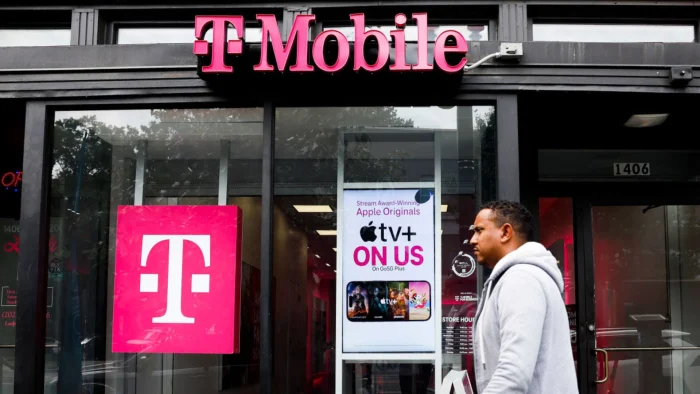Many Americans nationwide are increasingly frustrated with escalating prices across various services. This trend has particularly impacted home internet bills.
Numerous internet providers have substantially hiked their service fees, compelling consumers to make difficult decisions in an effort to save money. This widespread discontent creates an opportunity for competitors to gain market share.
The Impact of Soaring Internet Prices
Recent data highlights the significant financial burden placed on consumers due to rising internet costs and service issues.
Widespread Price Hikes and Unreliability
According to a new survey conducted by CNET, a staggering 63% of U.S. adults witnessed an increase in their monthly home internet service price last year. On average, consumers paid an additional $195 for internet service in 2024 compared to 2023. Despite these higher payments, a substantial 51% of survey respondents reported experiencing unreliable connectivity.
This indicates a persistent problem where increased costs do not necessarily translate to improved service quality.
Consumers Making Drastic Choices
The burden of these price hikes has pushed one in five U.S. adults to take decisive action. This includes downgrading their internet service, switching to an entirely different provider, or even canceling their internet service altogether. These actions underscore the level of frustration consumers are experiencing and their willingness to seek alternatives to manage household budgets.
T-Mobile’s Strategic Response: Fixed Wireless Internet
In response to consumer dissatisfaction, many individuals are now migrating to providers offering fixed wireless internet.
Growth of Fixed Wireless Services
Providers such as T-Mobile (TMUS), AT&T, and Verizon (VZ) are seeing a significant influx of customers due to their fixed wireless internet offerings. This service utilizes cellular networks to provide internet access, making it particularly effective in remote or underserved areas where traditional wired broadband infrastructure might be lacking or expensive.
Crucially, fixed wireless internet is typically offered at a price that is generally cheaper than traditional internet services, making it an attractive option for budget-conscious consumers.
T-Mobile’s Success in Attracting New Subscribers
T-Mobile has been particularly successful in capitalizing on this trend. During the first quarter of 2025, the telecommunications giant reported adding an impressive 424,000 new high-speed internet customers. This substantial growth in its customer base contributed significantly to the company’s financial performance.
T-Mobile generated a net income of $3 billion during this quarter, marking a healthy 24% increase compared to its earnings during the same period in 2024. This success demonstrates T-Mobile’s effective strategy in luring customers away from competitors by addressing key consumer pain points: high prices and unreliable service.








